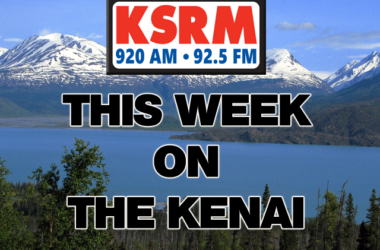The subject of ranked choice voting was thrust into the national spotlight when New York City Mayor Bill de Blasio hammered the city’s Board of Elections this week over primary election errors. He demanded a complete recanvassing of the vote count and an explanation of what went wrong with the city’s first attempt at ranked choice voting. As a result, some New York voters expressed concern of if the final election results can be trusted.
But, in late 2020, Scott Kohlhaas, the Alaskan Independence Party, and Robert Bird, through their attorney Kenneth Jacobus sued the state of Alaska in hopes to overturn the results of a voter referendum where ranked choice voting would be implemented in Alaska’s general elections. According to legal documents, that lawsuit was brought forth to protect the rights to free political association, free speech, right to petition, right to due process, and other rights guaranteed by the First and Fourteenth Amendments of the U.S. Constitution.
Alaskan Independence Party Chairman Bob Bird says that what happened in New York City is going to affect his lawsuit:
“First of all, you understand, to be recognized as an official party, you have to have a threshold of something like 3% of the votes in the general election. If you have two strong Democrats running against two strong Republicans in the primary, a libertarian or an AIP or a green candidate isn’t going to probably make the threshold. That means we don’t even get into the general election anymore.”
Bird explains the confusion behind ranked choice voting:
“You’ve got candidates A, B, C, and D and he likes Candidate A, but the second choice is B. He can’t stand C or D, but other people like C and D and they may vote for B as their second choice. So the guy goes in and he really, really wants A, but he’s going to put down B, but there’s people who vote for C and D also put down B, so the guy’s thinking ‘I’m not going to put down my second choice because I don’t want to list having to have C or D win and by putting B down as a second choice and C maybe way down the list as the third choice, I might be helping them’. So you might go in there and just vote for one, or might not. I’m confused. This sucks! That’s what happens.”
The Alaska Division of Elections reports that the first/next election that the Ranked Choice Voting system will be used will be the November 8, 2022 General Election. For more on Ranked Choice Voting, click here.






